After Columbia Crackdown, Universities Begin Cutting Ties with Extremist Faculty to Avoid Federal Backlash
In the wake of the unprecedented federal crackdown on Columbia University—sparked by its failure to address rampant antisemitism and faculty extremism—other elite universities are beginning to take decisive action. Institutions like the University of Pennsylvania and Northwestern University have recently severed ties with radical faculty members whose actions and rhetoric crossed ethical, legal, and professional boundaries.
These moves signal a new era of accountability in higher education, driven not only by internal pressure but by growing federal scrutiny, budgetary consequences, and public outrage.
UPenn Severs Ties with Antisemitic Cartoonist Dwayne Booth
At the University of Pennsylvania, controversial lecturer and cartoonist Dwayne Booth, known by his pen name “Mr. Fish,” was recently laid off after repeated publication of grotesque antisemitic imagery. His work included Holocaust trivialization, depictions of Israeli leaders operating crematoriums, and blood libel symbolism—elements widely condemned by the Jewish community and the university itself.
Facing a $175 million federal funding freeze and intense scrutiny over its handling of antisemitism, Penn acted decisively. While Booth blamed “MAGA thugs” and claimed victimhood, the university stood by its decision, with UPenn President calling his imagery “reprehensible.” The move demonstrated a clear shift: protecting free speech no longer means tolerating hate speech disguised as activism.
Northwestern Denies Tenure to Radical Activist Professor Steven Thrasher
At Northwestern University, assistant professor Steven Thrasher—known for leading illegal campus encampments and encouraging faculty to physically defend radical students—was denied tenure and informed he will be let go after the 2025–26 academic year.
Thrasher, who has used his position to promote antisemitic conspiracy theories and whitewash terrorism, called the decision a “political hit job.” But Northwestern made clear that concerns about his teaching, student complaints, and misconduct—not his opinions—led to the tenure denial. His public obstruction of police during campus protests, coupled with his inflammatory online behavior, made his continued employment a liability the university could no longer justify.
A National Turning Point
The actions taken by Penn and Northwestern are not isolated incidents—they are part of a growing shift across academia. After years of universities shielding faculty behind the banner of academic freedom, the consequences of inaction have become too steep. Federal investigations, funding cuts, and plummeting public trust are forcing institutions to finally confront the extremism festering within their own ranks.
Columbia University’s recent fall from grace has become a cautionary tale. The message is now clear: universities that ignore hate, incitement, and extremism—especially when targeting Jewish students—will pay the price.
And for once, it appears, the reckoning has begun.



